Food holds a profound significance in Indian culture, playing a central role in various rituals and religious ceremonies that have been passed down through generations. Let’s explore the cultural significance of food in Indian rituals and the spiritual connections that nourishment brings.
Offerings to the Gods:
In Indian rituals, food offerings, known as “prasad” or “bhog,” are a way of expressing devotion and gratitude to the deities. Devotees prepare elaborate spreads of sweets, fruits, and other delicacies, which are then offered to the gods during prayers and ceremonies. These offerings symbolize the act of giving and receiving blessings from the divine.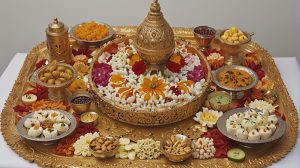
Festive Celebrations:
Food plays a vital role in Indian festivals and celebrations, where traditional dishes are prepared to mark auspicious occasions. During Diwali, the festival of lights, families come together to feast on an array of sweets and savory snacks, symbolizing the victory of light over darkness. Similarly, during Navratri, devotees observe fasts and offer special dishes to honor the divine feminine energy.

Sacred Rituals:
Certain Indian rituals involve specific food offerings that hold symbolic significance. For example, during the Hindu ceremony of “annaprashan,” or first rice feeding, a child is introduced to solid food for the first time in a ritual that symbolizes nourishment and growth. Similarly, in wedding ceremonies, the bride and groom exchange symbolic food offerings to signify their commitment to each other and their families.
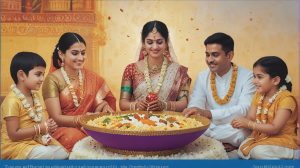
Community Bonding:
Food also serves as a means of fostering community bonds and social cohesion in Indian culture. Religious gatherings and community feasts bring people together to share meals and celebrate their shared heritage and traditions. Whether it’s a wedding, a festival, or a religious ceremony, food is always at the heart of Indian social gatherings, uniting people in joyous celebration and spiritual communion.
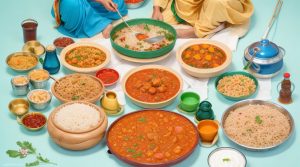
Food holds a sacred place in Indian rituals, serving as a conduit for spiritual connection, cultural expression, and communal bonding. Whether it’s offering prayers to the gods, celebrating festivals, or marking significant life events, food plays a vital role in every aspect of Indian life, embodying the rich tapestry of traditions and beliefs that define the country’s cultural identity.

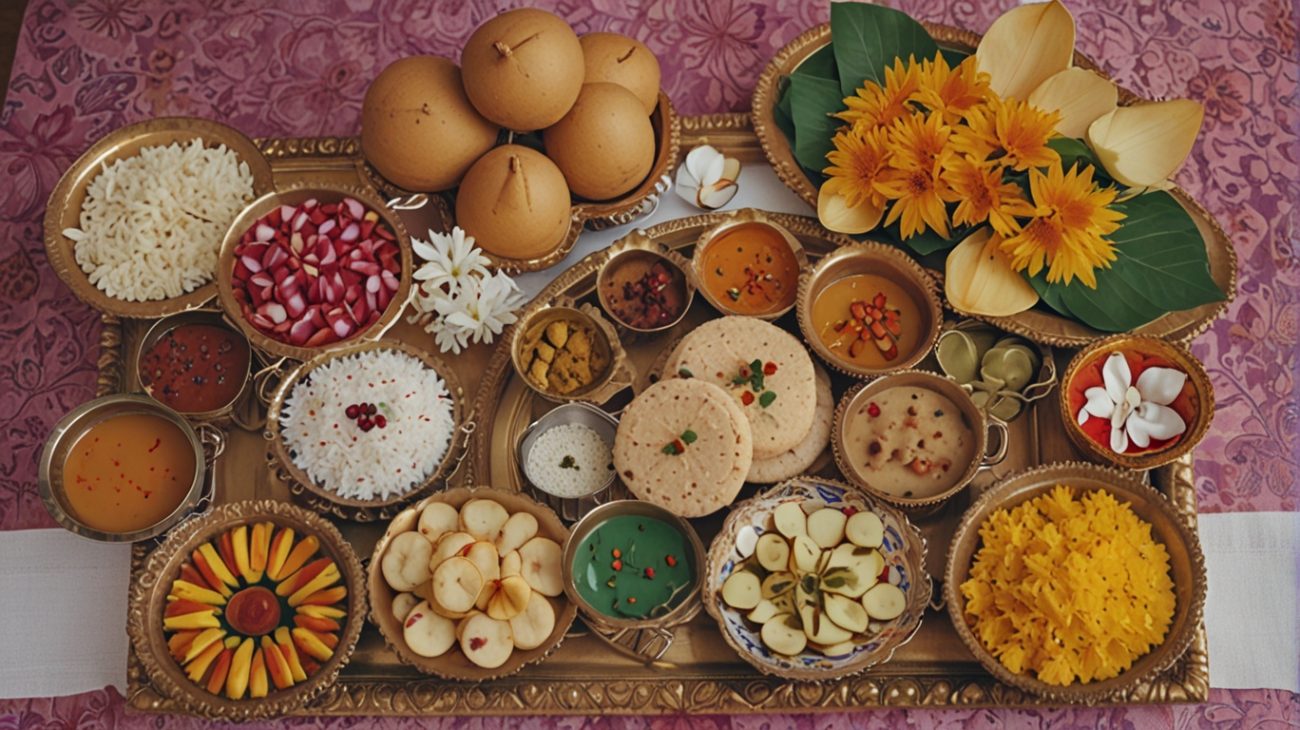
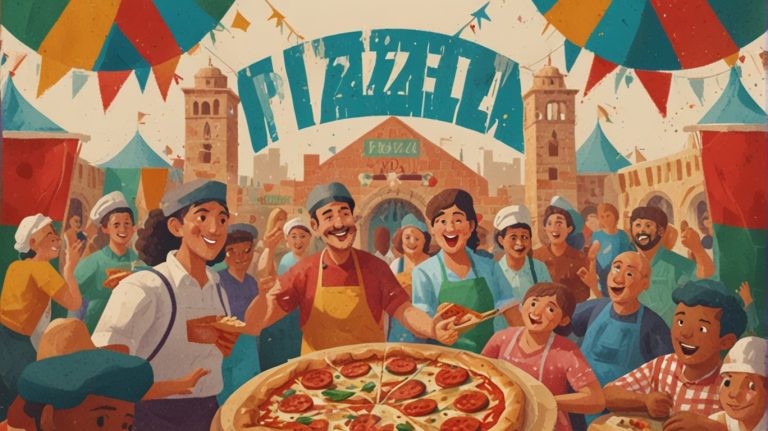

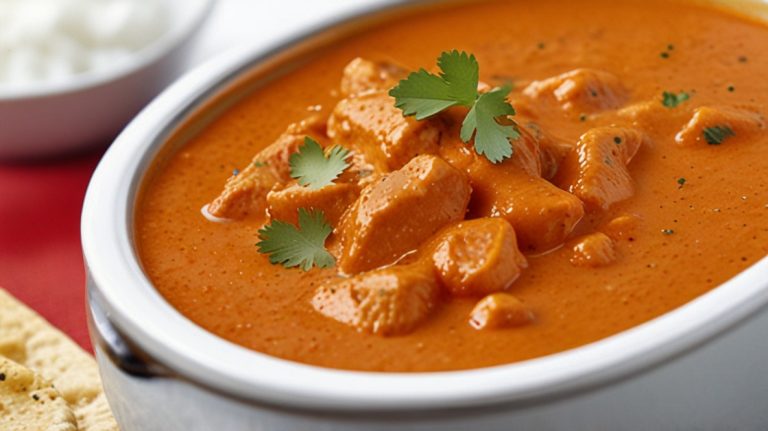



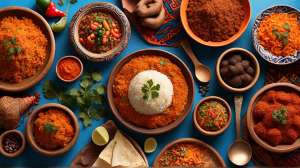
Leave a Comment